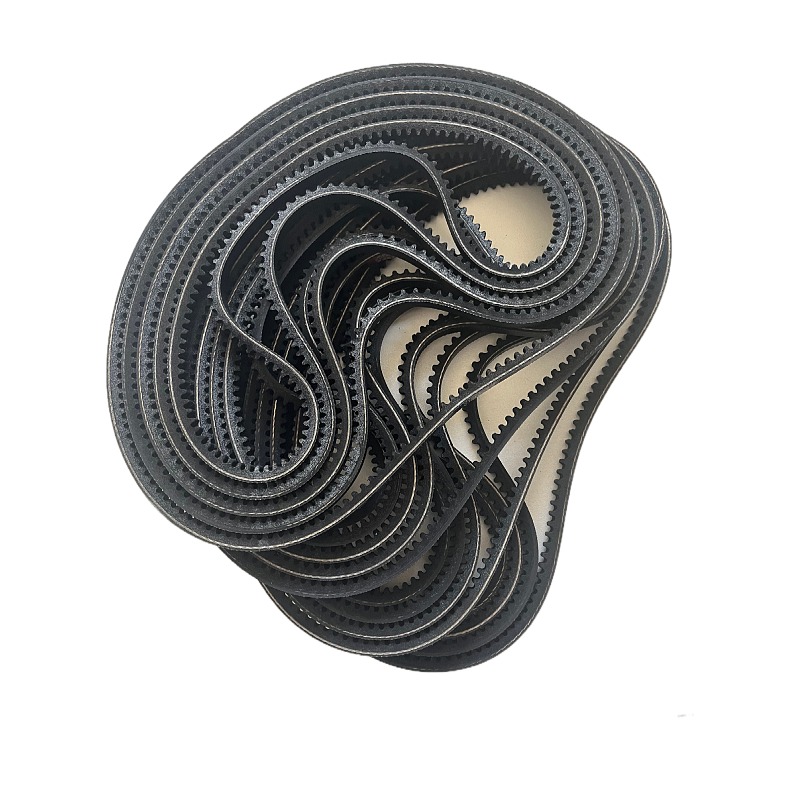...
2025-08-14 17:35
1889
...
2025-08-14 17:11
1554
...
2025-08-14 17:01
245
...
2025-08-14 16:41
995
...
2025-08-14 16:17
2100
...
2025-08-14 15:57
2059
...
2025-08-14 15:56
129
...
2025-08-14 15:52
2962
...
2025-08-14 15:47
2875
...
2025-08-14 15:26
2887

